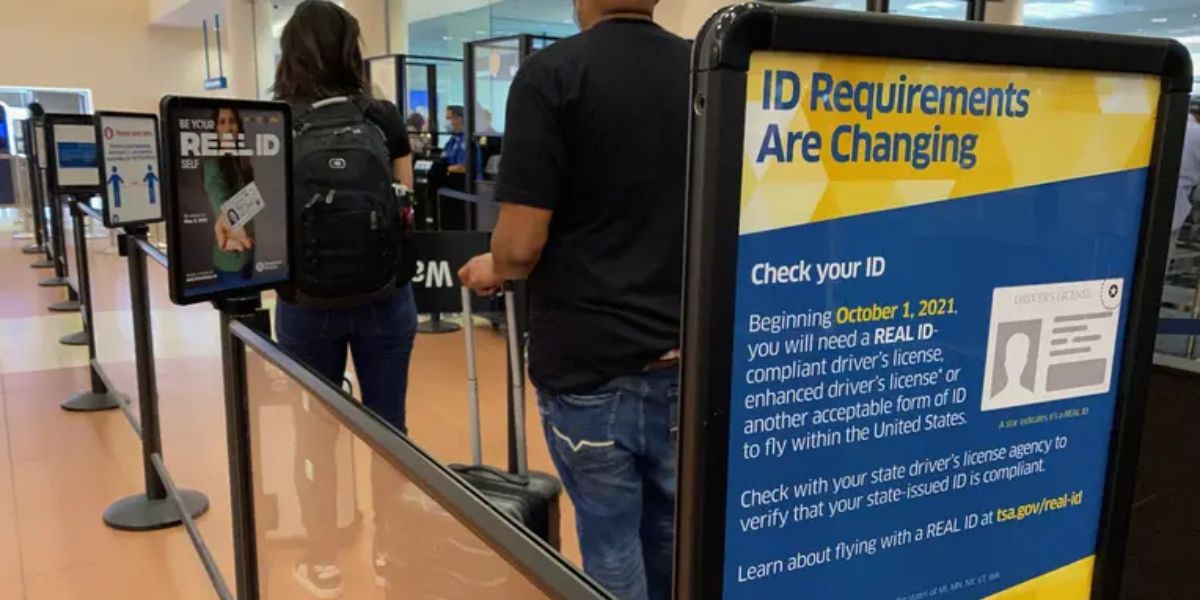Can Police in Arizona Search Your Phone During a Traffic Stop? During a traffic stop, many people are worried about whether the police can look through their phones, which holds a lot of personal information in this digital age.
Like the rest of the US, Arizona law says that searching a phone is only allowed when certain constitutional rights and legal standards are met. In Arizona, the law says that police can check your phone when you are pulled over for speeding.
The Fourth Amendment and Search Protections
The Fourth Amendment of the U.S. Constitution states that police cannot search or take things from people without a good reason. In most cases, this means the cops need a warrant to search your things, including your phone.
In 2014, the U.S. Supreme Court ruled in Riley v. California that police cannot check someone’s is phone without a warrant, even if they are legally being held.
During traffic stops, this safety is in place. In Arizona, a police officer can not just take your phone and check it without your permission or a warrant. This is true even if they have pulled you over for speeding.
When Can Police Search Your Phone Without a Warrant?
But there are some scenarios where you don’t require an order. These are relatively rare, and it would be essential to know what they are:
Consent: A police officer can legally search your phone without a warrant if you grant them permission to do so. Be reminded that you are always within your rights to refuse consent.
“I do not consent to a search” is a polite and civil way to inform the police that you do not want your phone searched.
check Incident to Arrest: Riley v. California holds that even if you are arrested during a traffic stop, police can only check your phone with a warrant.
They may, however, take away your phone and then ask for a warrant. The important thing is that they cannot search your phone just because you were arrested if they do not have a warrant.
Exigent Circumstances: There may be rare instances in which police can search your phone without a warrant if they think that immediate action is needed to prevent the destruction of evidence, protect others from some danger, or to mitigate some imminent threat.
For example, they can invoke exigent circumstances if they believe a phone is being used to plan a crime or a dangerous situation. This exception is applied cautiously, however, and will be scrutinized further by the law.
The Plain View Doctrine allows police to seize any evidence that is readily apparent to them without having to look for it.
However, this usually does not apply to phones unless there is clearly visible damning evidence on the screen (e.g., a notification or message that directly ties to illegal action).
What If the Police Ask You to Unlock Your Phone?
Unless a police has a warrant, you are not legally required to unlock your phone, even though they may ask you to.
You can use protections against self-incrimination and the right to remain silent under the Fifth Amendment if they try to intimidate you into giving them your passcode or unlocking your phone.
What If My Phone Is Illegally Searched?
Evidence obtained during illegal police searches of your cell phone without a warrant and your consent may be suppressed in court.
This is termed as the “exclusionary rule,” which bars the court from using evidence obtained in a violation of your fundamental rights against you.
Conclusion
When you are stopped on suspicion of a traffic offense, the police cannot search your phone without a warrant or your consent. It will also protect your privacy during this process if you know what your rights are.
When in doubt, politely state your rights and request permission to leave. You should always be courteous while being pulled over, but remember that you do not have to give permission for your phone to be searched or for your phone to be unlocked without a warrant.
You can fight the search and the evidence seized from your phone if your phone was illegally searched.


 by
by 




